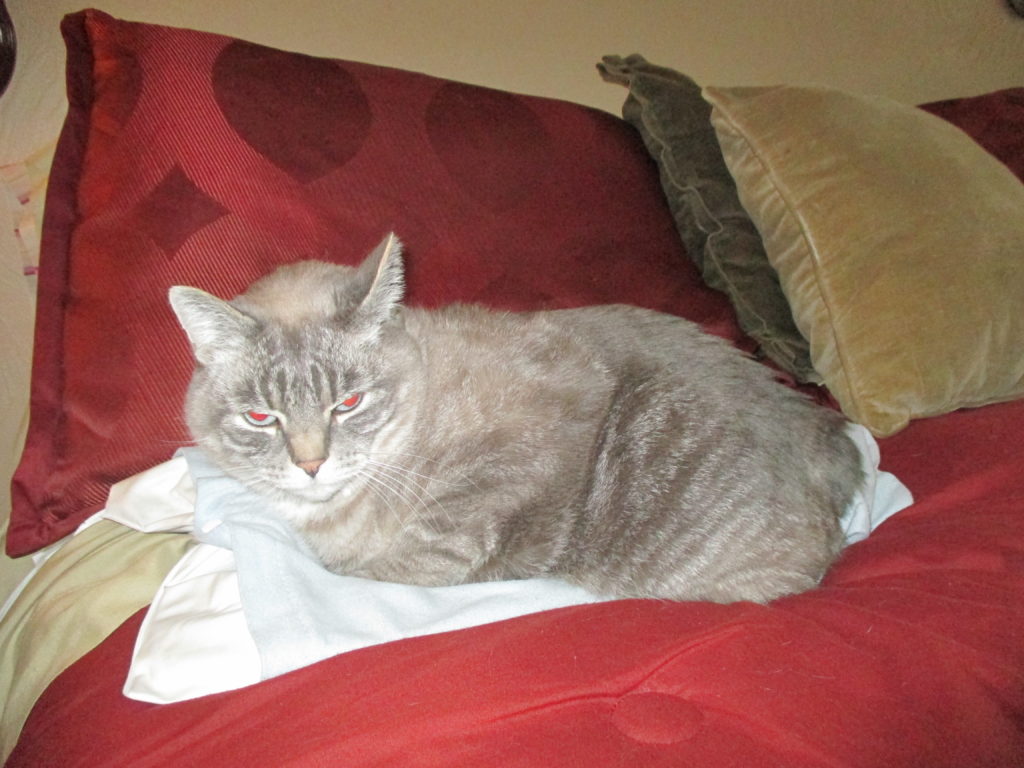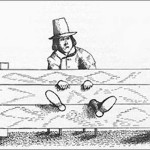
I take my local print newspaper, and in a few short years, I’ve watched it go from a wonderful independent to a skinny, USA Today clone. Almost every day, I read several articles with misspellings or typos. What’s going on?
Writing Tip for Today: Print journalism is fighting for its life in the digital age. But must we abide these sloppy mistakes? Here are some tips for keeping your copy clean:
Everyone’s a Reader
With the advent of the wonders of computers and self-publishing, more and more people fancy themselves to be writers. This is a good thing—if the writer agrees to learn the writing craft. The craft requires a commitment to mastering spelling, grammar as well as structure and meaning. Shortcuts almost always result in less than stellar work.
Ask any pro and they’ll no doubt tell you that craft mastery takes not only hours and hours of writing practice, but also an abundance of reading. Well-read writers will absorb more than content. They’ll also soak up how writing is constructed and one hopes, how words are used and correctly understood.
Read as widely as possible. Take note of not only what the author is saying, but how he/she says it. These analyses can be formal or just taken in passing, but the more you deconstruct a piece, the more you’re apt to understand the underlying structure. Read, read and read some more.
Beyond Spell-Check
The mistakes I spot in my local news are most often, I suspect, mistakes of Spell-Check. For instance, today’s paper has an article about the wildfires in Oregon. The author has written before about these fires and in at least two cases, uses the word breath when meaning breathe. Spell-Check will recognize breath as a word and won’t flag it even though it’s wrong in this context.
Similar mistakes often occur in student work that I read. Homophones (words that sound alike but are spelled and used differently) are the culprits most often. Spell-Check passes over the incorrect use of many common words. Then and than, lay and lie, break and brake are some examples. The solution?
It’s not enough to tell writers to go learn grammar and usage—even pros sometimes make mistakes. A better answer might be to read your work out loud. Read to other writers, your cat or to the mirror. Reading aloud uses a different part of the brain than silent reading. Your brain in silent reading mode, will fill in missing words and convince you that your sentences are perfect even when there (their, they’re!) are errors you’d catch if you read out loud.
Excellence Matters
What difference does any of this make? After all, hardly anyone has fond memories of diagramming sentences in grade school. The difference, in my view, is that excellence will take writers much farther than so-so.
If the news writer studies what she needs to know about breath and breathe, she may be pleasing only a few word nerds like me. But in terms of overall excellence and professionalism, the correct usage means that her work is much more likely to be esteemed. Good journalism (or any other type of writing) appeals to many more readers.
Overall, look at study to learn proper usage and spelling as investments in growing your readership. You don’t have to sound stiff and formal—even top writers are drifting away from conventions such as “from whomever gave her the information.” But especially for words such as homophones or words that denote possession or number, precision matters. Especially if you can’t breath(e).





Thanks, Linda.
“Well-read writers will absorb more than content. They’ll also soak up how writing is constructed and one hopes, how words are used and correctly understood.”
I’m glad you added and one hopes. Too many media sources, flyers, books, and other printed material contain errors. Many readers think the errors are correct, and they perpetuate those errors.
Kathy,
You are so right. But I think the rise of audio books and TV/podcast media might have something to do with it–you can’t spell it correctly if you are only listening and not seeing.
Thanks for weighing in!
Keep Writing,
Linda